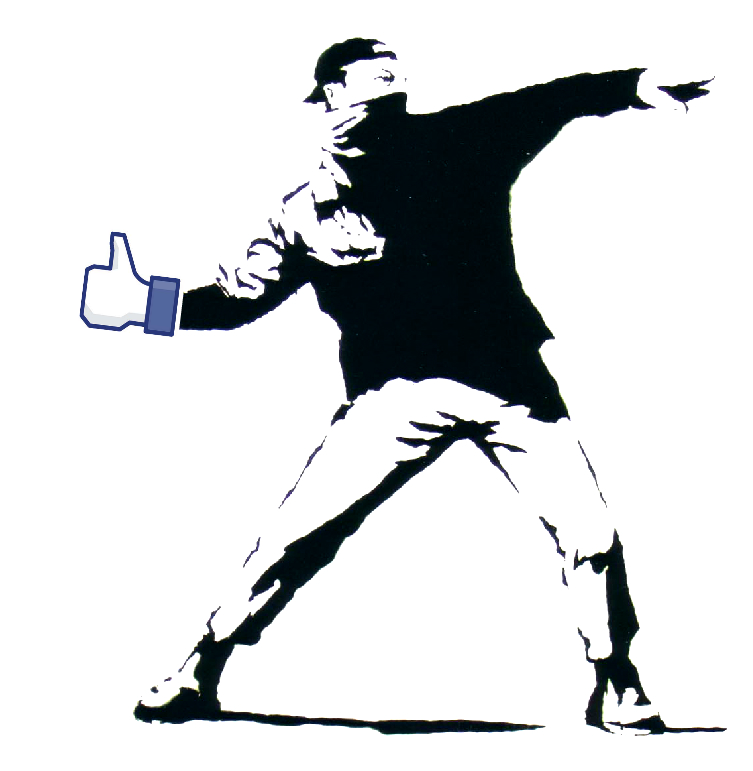Websites like change.org allow users to create petitions online for anyone to sign, and although they have had successes like the prosecution of George Zimmerman in the Travyon Martin murder case, unless something is spread through social media or people feel like it is a worthwhile cause, it often gets swept under the rug. I myself have even signed online petitions in the hopes of bringing back dead shows (still not over the loss of Firefly) and other things that interested me, but in the end unless it is something the public or the creators feel is worthwhile it largely becomes ignored. So how is it possible to make a change when we only seem to care about things that the masses want? Doesn't that defeat the purpose of a petition?

Although the actual word itself sounds very condescending and derogatory, it actually has had notable examples of working, most specifically in the case against SOPA. Major websites like Reddit and Wikipedia as well as countless others took a stand by "going dark" in protest of the bill, but this idea came as a result of major user intervention. Because it was constantly on the front page of Reddit and discussed heavily amongst Internet communities, major websites took notice and decided in unison to stand against it. Even though people may have only participated by leaving a comment or simply changing their profile picture, it spread to levels that made it a worldwide issue so people were forced to notice it.
Does this mean that slacktivism actually works? Well, yes and no. Sure there is proof that slacktivism actually increasing involvement in movements and helps to get people interested in actual activism, but for the majority of us the sad answer is that we just really don't care that much. By clicking a button or signing our name we feel like we've contributed to a major issue by doing the least amount of work possible. "Someone else will take care of that" seems to be the mentality going around and if everyone says that then who's left to actually do something? Maybe one day people will actually get around to doing more than just spreading awareness about an issue, but until then i'm just going to wait here on my computer changing my profile picture every month.
I really enjoyed the various perspectives you brought to this post. There is, without question, many positives and negatives to slacktivism. I believe that a lot of people signing their names on petitions or such things trust that the person who began the petition is on top of taking actual, physical action to further their cause. If the organizers of these petitions need help, I think they need to include something in their petitions that request help from those signing it and information about how to help in other ways (aside from clicking or giving money). This way, those that are lazy can contribute through slacktivism, and those that truly do believe in the cause and wouldn't otherwise know how to contribute their physical selves to assisting, can have the option of taking part in making that difference in reality. At least the option would be there and not everyone would have to be dubbed a slacktivist.
ReplyDelete